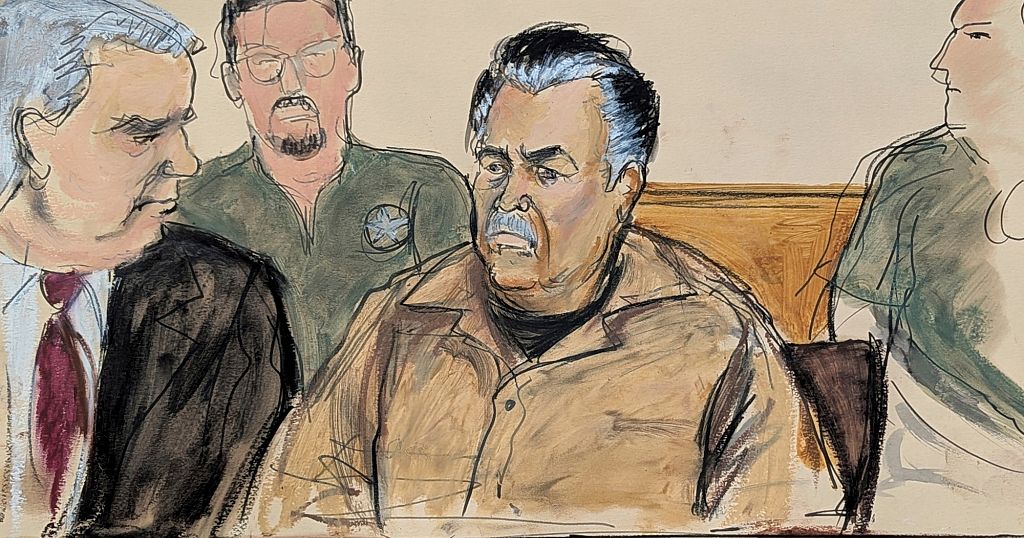Ismael “El Mayo” Zambada, a former leader of the Sinaloa cartel, has pleaded guilty to charges of drug trafficking and ordering murders in a United States courtroom. The 75-year-old Mexican national admitted to his role in flooding the US with illicit substances, including cocaine and heroin, and fueling violent crime in Mexico. Through a Spanish-language interpreter, Zambada expressed remorse for the harm caused by his actions, stating that he recognizes the devastating impact of illegal drugs on communities in both the US and Mexico.
Under Zambada’s leadership, along with that of Joaquín “El Chapo” Guzmán, the Sinaloa cartel expanded from a regional operation to become one of the largest drug trafficking organizations globally. Prosecutors detailed the extent of the cartel’s reach, including its connections with Colombian cocaine producers and its methods for smuggling drugs across the US-Mexico border. Zambada also acknowledged that his associates bribed Mexican law enforcement and military officials to facilitate their operations.
Zambada’s guilty plea comes after his arrest last year, when he was apprehended at a Texas airport after arriving on a private plane with one of Guzmán’s sons. He claims to have been kidnapped in Mexico and brought to the US against his will. The Justice Department’s decision not to pursue the death penalty prompted Zambada’s agreement to plead guilty. As a result, he faces a mandatory life sentence and significant financial penalties, potentially totaling billions of dollars.
The plea agreement does not require Zambada to cooperate with government investigators, according to his lawyer, Frank Perez. Perez emphasized that his client’s focus shifted to accepting responsibility after the death penalty was no longer a consideration. Zambada is scheduled to be sentenced on January 13.
This development marks a significant milestone in the US effort to combat drug cartels, particularly under the current administration’s intensified crackdown. The US has designated these groups as terrorist organizations and has taken steps to bolster its military presence and diplomatic pressure on countries like Mexico and Venezuela to cooperate in the fight against narco-trafficking. As the case against Zambada moves forward, it reinforces the ongoing commitment to disrupting and dismantling major drug trafficking operations.
